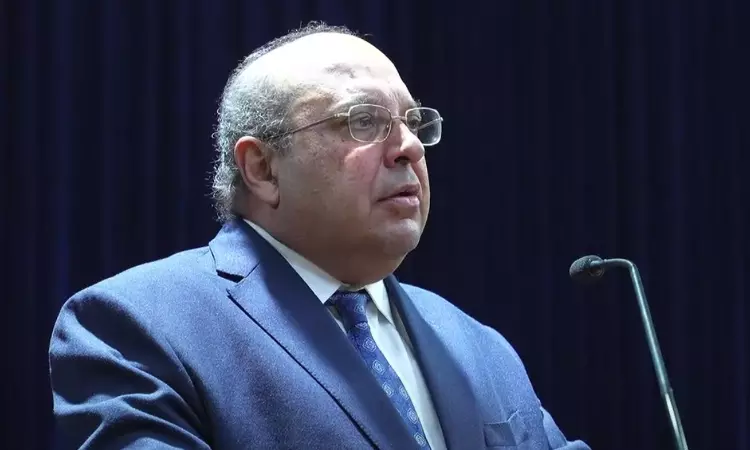Periodically Review Reservations, Slowly Reduce Quotas For Classes That've Developed: Justice Nariman
Tellmy Jolly & Debby Jain
7 Dec 2024 7:38 PM IST

Next Story
7 Dec 2024 7:38 PM IST
Delivering a lecture at the Kerala High Court, former Supreme Court judge Justice Rohinton Fali Nariman said today that the reservation policy in India, though introduced initially to cater to the needs of the day, has not worked as envisaged by the founding fathers of the Constitution.The judge suggested that the National Commissions for Scheduled Castes, Scheduled Tribes and Backward...
